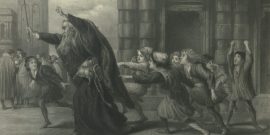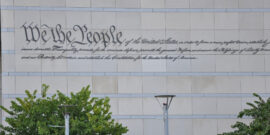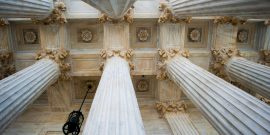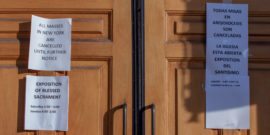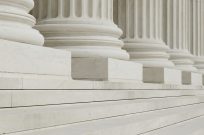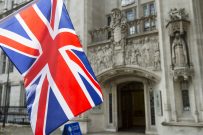A new documentary recounts the history of religious freedom in our country from colonial times until today.
Mark L. Movsesian
The shift in American values reflected in a recent Wall Street Journal poll will not surprise anyone who has read Tocqueville.
What will the social and political life of an “ex-Christian” nation look like?
Both conservatives and progressives believe their opponents are out to silence them.
Even though Shylock’s case against Antonio makes no sense as a legal matter, it makes for great theater.
Is our consent to constitutional self-governance a kind of fiction?
The Karabakh war is a civilizational clash between democracy and dictatorship, and Americans should be paying attention.
If our constitutional democracy is tolerably functional, occasions for resisting Court rulings will arise relatively infrequently.
More than people realize, faculties are clubs that tend to self-replicate.
Churches’ opposition to state-ordered closings seems to turn, not on the particulars of worship itself, but on attitudes about hierarchy and government.
The American abandonment of Armenians a century ago suggests disquieting lessons for Christians and other Middle East minorities today.
“It does the project of equal treatment no favors to extend it beyond its proper scope.”
Judge Kavanaugh's future record on religious liberty cases will likely resemble that of Justice Kennedy.
Cultural and political trends make the position of traditional believers increasingly precarious, and these trends inevitably manifest themselves in our law.
This self-evident interest in promoting traditional norms justified different public nudity standards for women and men, concluded Judge Sykes.
The history of the Armenian Genocide suggests three lessons for the current situation in the Mideast.
Mark L. Movsesian is Frederick A. Whitney Professor and Director of the Mattone Center for Law and Religion at St. John’s University Law School.




